Guardianship 101: The Legal Steps To Protect Your Aging Parents
November 7, 2024
As parents age, they may face health challenges, cognitive decline, or financial vulnerability, leading many families to consider guardianship as a way to safeguard their well-being. For those navigating this process, understanding what guardianship entails and knowing the steps involved is essential. This guide covers the basics of guardianship, legal steps, and the resources available through elder law firms like Waypoint Legal to ensure that aging parents receive the support and protection they need.
Understanding Guardianship and When It’s Needed
What is Guardianship?
Guardianship is a legal arrangement that grants a designated person (the guardian) the authority to make decisions on behalf of another individual (the ward) who is unable to manage their own affairs due to age, illness, or disability. This legal framework helps protect vulnerable adults who can no longer make informed choices regarding their health, finances, or daily living.
Common Signs Guardianship May Be Needed for Aging Parents
Determining if guardianship is necessary often starts with observing specific signs that an aging parent might need additional support:
- Memory Loss and Cognitive Decline: Difficulty remembering essential tasks or recognizing family members may indicate conditions like dementia or Alzheimer’s.
- Financial Mismanagement: Unpaid bills, unusual spending, or susceptibility to scams often suggest the need for intervention.
- Neglect of Personal Care: Poor hygiene, neglected living spaces, or frequent health issues are signs an individual may no longer be able to care for themselves independently.
- Safety Concerns: If a parent is experiencing repeated falls, forgets to turn off appliances, or shows other signs of decreased safety awareness, guardianship might help ensure their environment remains secure.
Types of Guardianship and Their Purposes
There are various types of guardianship arrangements to suit different levels of need:
- Full Guardianship: Grants the guardian comprehensive authority over the ward’s personal, medical, and financial decisions.
- Limited Guardianship: Provides the guardian control over specific areas of the ward’s life, such as healthcare but not finances.
- Temporary Guardianship: Established for a set period, usually during a specific crisis or health event.
- Conservatorship: Specifically focuses on managing the ward’s financial assets and affairs.
The Legal Process of Establishing Guardianship
Step 1: Evaluating the Need for Guardianship
The first step in the guardianship process is assessing whether guardianship is truly necessary. Consulting with healthcare professionals, social workers, and elder law attorneys can help determine the level of need and assess the best options available. Often, initial evaluations also help confirm whether alternatives to guardianship might be appropriate (such as a power of attorney or healthcare directives).
Step 2: Filing a Petition for Guardianship
To initiate guardianship, a petition must be filed in the appropriate court. This step involves:
- Legal Documentation: Filing forms that outline the reasons for guardianship and the proposed guardian’s credentials.
- Fees and Legal Costs: Courts may require filing fees, which vary by jurisdiction.
- Background Check: The proposed guardian may undergo background checks to ensure they’re suitable for the role.
Filing is typically done with the assistance of an elder law attorney, ensuring all documents are accurately prepared and deadlines are met.
Step 3: Notifying Family and Interested Parties
After filing, family members and other interested parties are formally notified of the guardianship proceedings. This step allows any parties who may contest the petition to come forward. Transparency is crucial in the process, as it helps prevent future disputes and provides the opportunity for additional family input.
Step 4: Court Hearing and Decision
In most cases, a court hearing is scheduled where evidence is presented to demonstrate the ward’s need for a guardian. The judge reviews medical evaluations, testimonies from family members, and any other supporting documents before making a decision. If the judge approves the petition, the guardian receives legal authority to make decisions on the ward’s behalf.
Responsibilities and Rights of a Guardian
Financial Management and Asset Protection
A guardian is responsible for managing the ward’s financial affairs, ensuring bills are paid, debts are handled, and assets are preserved. This responsibility is especially critical for aging parents who may need protection against financial exploitation or fraud.
Healthcare and Medical Decision-Making
Guardians are often granted authority to make healthcare decisions, including choices about medical treatment and long-term care. It’s essential for guardians to be familiar with their parents’ preferences regarding treatment and quality of life, as these decisions often require compassion and sensitivity.
Advocacy and Ensuring Quality of Life
Beyond finances and healthcare, guardians have a responsibility to ensure their loved one’s quality of life. This involves choosing safe, comfortable living arrangements, providing social support, and helping the ward maintain as much independence as possible within their capabilities.
Alternatives to Guardianship for Aging Parents
Power of Attorney vs. Guardianship
A power of attorney (POA) can be an alternative to guardianship, granting a designated person authority to make decisions for the individual. Unlike guardianship, a POA can be activated before the person is fully incapacitated and allows more personal choice in selecting a representative.
Advance Healthcare Directives
An advance healthcare directive is a legal document specifying a person’s healthcare preferences, ensuring their wishes are followed if they become unable to communicate. This directive can often reduce the need for guardianship by clearly outlining the person’s treatment preferences.
Trusts and Conservatorships as Guardianship Alternatives
Setting up a trust or conservatorship can be a viable alternative for managing an individual’s finances. Trusts protect assets for future use, while conservatorships allow for financial oversight without the full scope of a guardianship. Consulting with an elder law attorney can help families decide if these options may be suitable for their circumstances.

How Waypoint Legal Supports Families in Guardianship Matters
Expert Guidance Through the Guardianship Process
Waypoint Legal offers families compassionate support, from initial consultations to court representation. The firm’s elder law attorneys guide families through the guardianship process, explaining each step in detail and helping ensure paperwork, petitions, and court proceedings are handled accurately and efficiently.
Support for Guardians and Family Members Post-Appointment
Once a guardianship arrangement is established, Waypoint Legal continues to offer support to guardians and families. Their attorneys provide ongoing legal advice, resources, and advocacy, helping families adjust to their new roles and responsibilities with confidence.
Consult with Waypoint Legal for Your Family’s Guardianship Needs
Waypoint Legal is here to support families seeking to protect and care for their aging loved ones. For assistance with the guardianship process, or to explore alternatives that may be right for your family, reach out to Waypoint Legal. Schedule a consultation today.
Guardianship FAQs
What is the difference between guardianship and conservatorship?
Guardianship covers decision-making over a person’s personal and medical affairs, while conservatorship focuses specifically on managing their financial assets.
Can a family member contest a guardianship appointment?
Yes, family members can contest the appointment by providing reasons or evidence at a court hearing as to why the proposed guardian may not be suitable.
How is incapacity determined for guardianship purposes?
Incapacity is typically evaluated through medical assessments and sometimes psychological evaluations, which are then reviewed by the court.
Does guardianship override a power of attorney?
Yes, in most cases, guardianship supersedes any power of attorney arrangements, as it involves a court appointment.
How long does the guardianship process take?
Guardianship cases vary in length, but the process can range from a few weeks to several months, depending on court schedules and any objections.
Can a guardian be replaced?
Yes, if the guardian is unable to fulfill their duties or if concerns arise about their performance, they can be replaced through a court petition.
What are the costs involved in establishing guardianship?
Costs can include court filing fees, attorney fees, and costs for medical evaluations. Waypoint Legal provides transparent fee estimates during consultations.
Are there limits to what a guardian can decide?
Guardians must follow court orders and may need additional court approval for certain actions, such as selling property.
How can I ensure my aging parent’s preferences are respected in guardianship?
Open communication and documenting your parent’s wishes before guardianship is necessary can help ensure decisions align with their preferences.
Is guardianship a permanent arrangement?
Not necessarily; guardianship can be modified or terminated if the ward’s condition changes or if less restrictive options become available.
Get Free Legal Advice Sent to Your Inbox.
Waypoint Legal, LLC. Jersey Elder Lawyers



 (732) 361-2533
(732) 361-2533 


